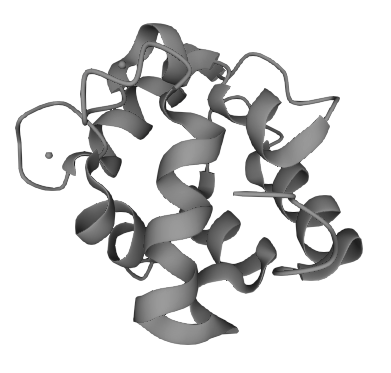Cat. No | MBA-045 |
Name | Rabbit anti-Parvalbumin Antibody |
中文名字 | 兔抗小清蛋白抗体 |
Description | The antiserum was quality control tested using standard immunohistochemical methods. The antiserum demonstrates strongly positive labeling of rat thalamus, cortex, and hippocampus. |
Clonality | Polyclonal |
Isotype | IgG |
Host | Guinea Pig; Rabbit |
Quantity/Volume | 50ul/100 µL |
State | Liquid Whole Serum/antibody |
Reacts With | Rat |
Preabsorption Control | / |
Alternate Names | Parvalbumin alpha; Pva; Parvalbumin (calcium binding protein); PALB1, PC255L (Millipore Cat #), anti-parvalbumin |
RRID | AB_572259 |
Immunogen | This information is proprietary to Mabioway |
Gene Symbol | Pvalb |
Entrez Gene ID | Entrez Gene: 5816 Human |
NCBI Gene Aliases | / |
Sequence | P20472 |
APPLICATION | |
Quality Control | The antiserum was quality control tested using standard immunohistochemical methods. The antiserum demonstrates significant labeling of rat thalamus, cortex, and hippocampus. The antiserum has been characterized as specific to parvalbumin; please see reference listed below. |
Tissue | Rat thalamus, hippocampus and cortex |
Perfusion Fixation | • Fixative - 4% paraformaldehyde in 0.1M Phosphate buffer, pH 7.4; 500 mL over 20 min. |
Absorption Control | |
Sections | 10 µm cryostat or 50 µm vibratome |
Tissue Incubation | 18–24 hours at 2°–8°C |
Detection System | Use Cy3 or Bn/AV-HRP according to manufacturer’s directions. |
Suggested Dilution | 1/5,000–1/10,000 in PBS/0.3% Triton X-100 - Bn/AV-HRP immunohistochemistry |
NOTES | |
Special Instructions | It is recommended that the researcher perform a primary antibody dilution series using our dilution recommendations as a guideline. Note that a change in the fixation or buffering system from our protocol may change the configuration of the protein which could alter the reactivity with the tissue tested. |
Concentration | Not applicable. Antibody concentration is only relevant for purified antibodies. |
Storage | After reconstitution, use immediately or refrigerate at 2º–8ºC up to 2 days. For long-term storage, aliquot antibody and freeze at -15°C or lower. Avoid repeated freeze/thaw cycles |



